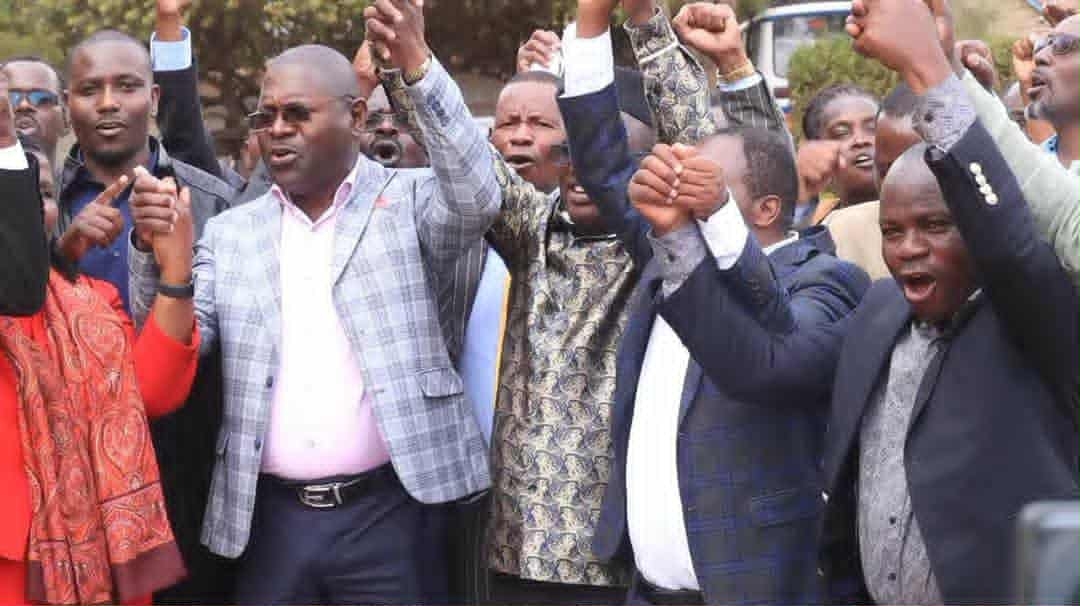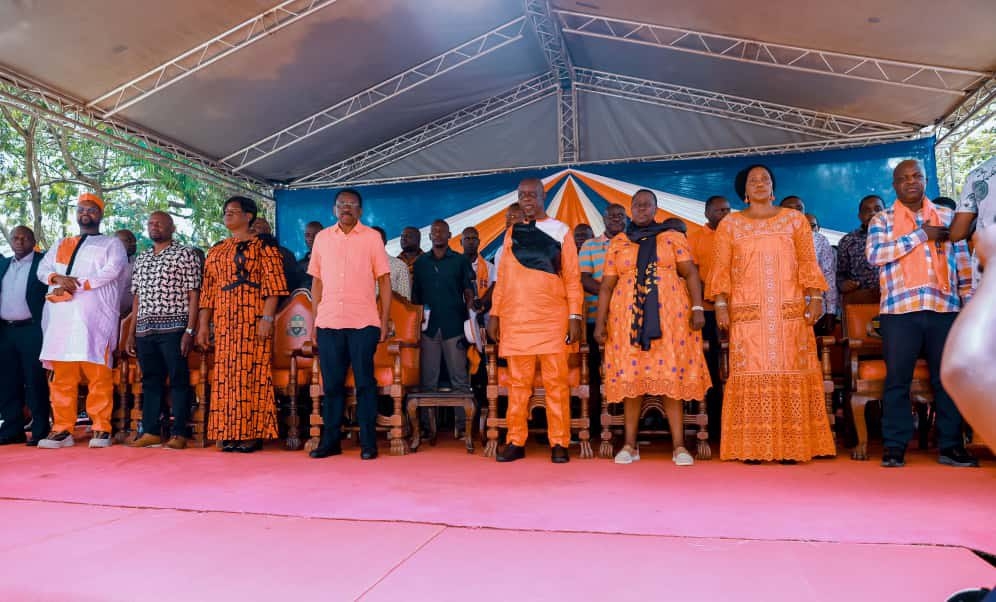In the course of this past month, Kenyan women have leveraged International Women’s Day to showcase their strength and resilience, while highlighting the barriers that remain to their full and equal participation in the highest levels of Kenyan life.
The vibrancy of their engagement is underpinned by one of the most progressive constitutions globally, which guarantees women’s human rights as equal citizens (Article 27(3) and others). President Uhuru Kenyatta and First Lady Margaret Kenyatta have taken a lead in ending female genital mutilation, setting an example for the respect of women’s rights in general.
One example was the “Roundtable on Women in Society, Women in Politics” on March 7, at which leading women from across the Kenyan society, the EU Ambassador and female envoys from the member states discussed the progress achieved and the obstacles that remain.
Discriminatory practices in the workplace that favour men remain a challenge here, as indeed they do in Europe, where, despite four decades of legislation on equal pay, there remains a yawning pay gap in many sectors.
To tackle these issues, the European Commission has adopted an EU Gender Equality Strategy and an EU’s Gender Action Plan welcomed through EU Presidency Conclusions by 24 EU member states. The fact that this strategy is now in its third iteration goes to show gender disparities persist across the EU, as they do globally.
Undoubtedly, much more can and needs to be done to advance the position of women and girls in Europe, as indeed it does in Kenyan society. The Covid-19 pandemic is a salient reminder of the particular vulnerabilities of women and girls, as reflected in the increased cases of gender-based violence, the rate of school dropouts, teenage pregnancies, and job losses amongst women. Nobody is more aware of this than Kenyan women themselves.
But there are also clear signs of great progress: Women in Kenya occupy leading positions in business, the media, civil society and the NGO sector, where they are torchbearers for the generations of Kenyan women to follow.
However, in national politics, the situation is quite stark. Certainly, Kenya’s county assemblies are an outstanding example, by global comparison, of women’s participation in politics at a local level. The Cabinet includes – and has featured - many notable, high-achieving Cabinet secretaries, some in portfolios that have traditionally been the preserve of men, including Defence and Foreign Affairs. Female MPs contribute greatly to Kenya’s political discourse.
It is, therefore, surprising that, with all the legal provisions in the Constitution, including the two-thirds gender rule, and the prominence of women in other sectors, Kenya still lags behind other East African countries in women’s representation in the Parliament.
With the upcoming August 9 elections, Kenya’s – mainly male – political leaders have an opportunity to correct this. They can do so at the crucial moment of the ongoing primaries, in the financial support parties so that women overcome the registration and campaigning hurdles; and in the security arrangements in that the government of Kenya puts in place to eliminate the abuse, harassment and violence — offline and online — that many female candidates and women in general still face.
It is one thing to make sure that the two-thirds gender rule is respected in the nominations of candidates at the primary stage. It is another — and this is where the real change needs to happen — to ensure women are nominated to seats they can actually win.
The political party that is fastest in making sure women compete in winnable seats will be the first to reap the biggest rewards for promoting women candidates.
Kenya is considered a role model politically and economically in Africa and an example for democracy in the region.
The fulfilment of the two-thirds gender rule in this election cycle would be a great step forward for equality.






![[PHOTOS] Council of Governors visits Raila's grave](/_next/image?url=https%3A%2F%2Fcdn.radioafrica.digital%2Fimage%2F2025%2F10%2F59c8111a-6f0d-4719-8587-7e965c4bdd34.jpg&w=3840&q=100)





